The design of a new common level IV / V EQF qualification in Tourism brought together seven European VET organizations in 2018, which formed a consortium to apply for EACEA’s “KA3 – Support for Policy Reform: Joint Qualifications in Vocational Education and Training” call.
Long before the Covid-19 pandemic, Tourism policy makers and companies were already talking about the digital transition of the economy. However, in a world that has suddenly changed its consumption and work habits, and where social distance is now the key word, digital has gained ground in a short period of time and digitalisation has become a part of everyday life of of tourism companies; these changes are now definitive.
The consortium focused on this trend, where the sector’s organizations were (and still are) demanding a skilled workforce. Consequently, an extensive needs analysis was carried out throughout Europe to characterize this demand in more detail. Then, the partners proceeded to define the “Digital Tourism Intermediate Technician” job profile and the main activities he or she can perform.
The course was organized around three main conceptual axes: Tourism, Marketing, Digital
With that report and profile in mind, and following the European state-of-the-art rules about VET course design, the consortium started to create it. The course was organized around three main conceptual axes: Tourism; Marketing; Digital. Each axis contains several Learning Units, which are divided in Subunits, specifying the number of hours required for it to be taught, and for the trainers the job achievements; the performance criteria; the outputs; the resources; the knowledge, the abilities and attitudes to be achieved during and after its completion.
The course also includes a Work Based Learning period of no less than 3 months, during which trainees can practice what they learned in the course and prepares them to work in several types of Hospitality organizations, both under traditional business models – DMCs-Destination Management Companies / DMOs-Destination Management Organizations, GDS-Global Distribution Services, Hotels, Travel Agencies, Tourism Animation companies, national/regional/local Tourism Boards – and online/cloud business models, the digital travel market: from metasearch engines / fare aggregators, OTA-Online Travel Agencies or traditional Tourism companies that already work or want to upgrade their work on the electronic sales channel with all types of Tourism products – Sun & Beach, Business, MICE, City Breaks, Golf, Nature, Cultural, Gastronomy, as they will be performing tasks on businesses B2B – Business to Business or B2C – Business to Consumer, as their job profile allows them to help creating / developing / promoting / selling online products, tangible or non-tangible, small or big, private or public.
The course and all results are now fully available on the project website.

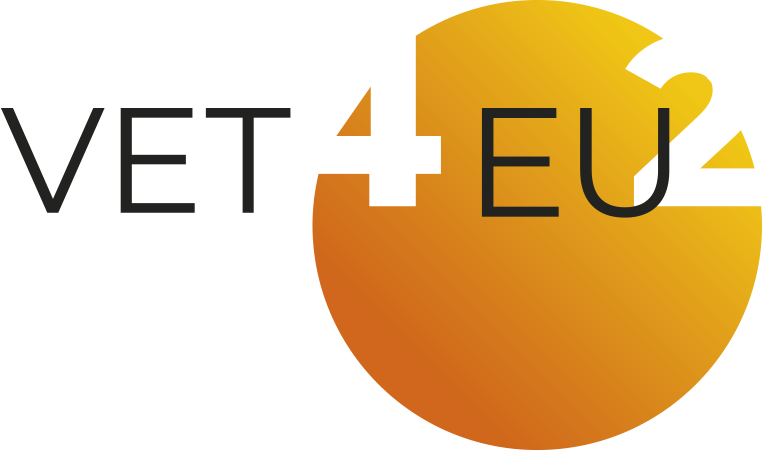
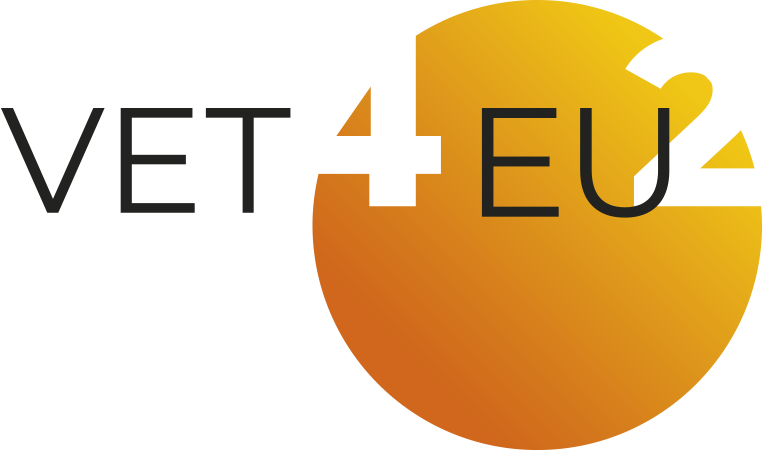

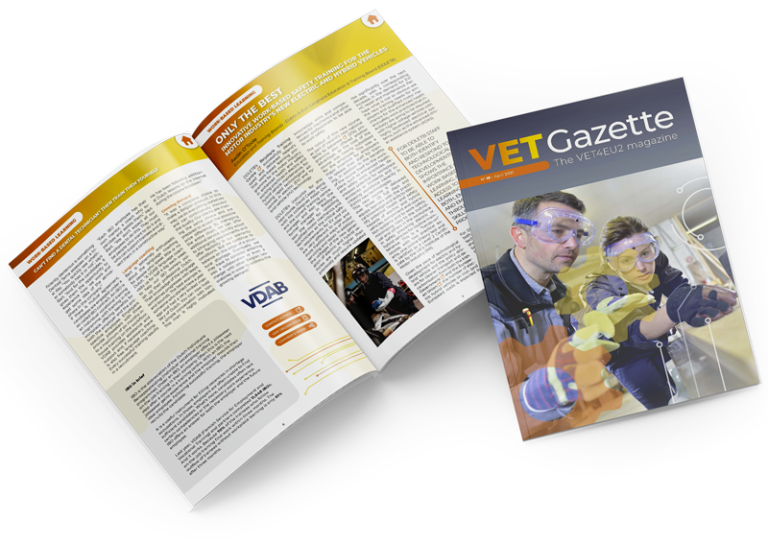
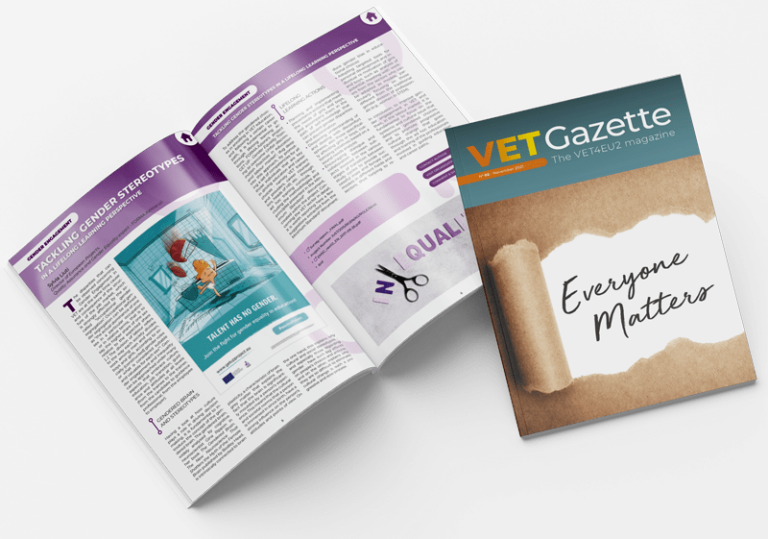
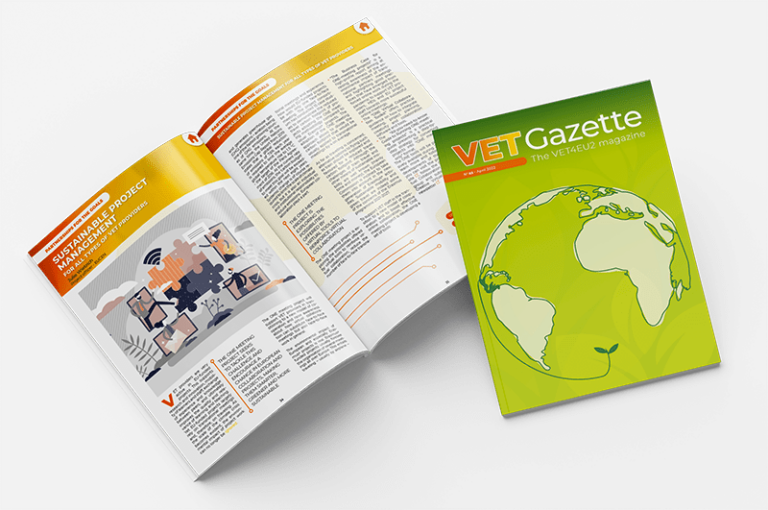
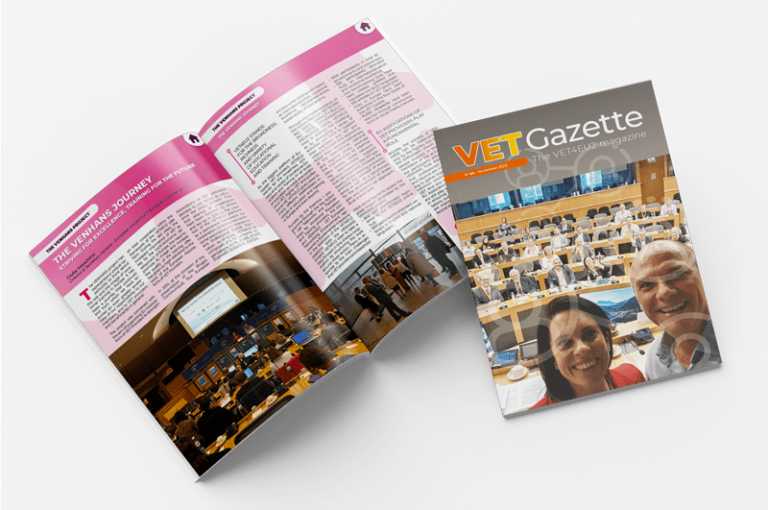

Responses